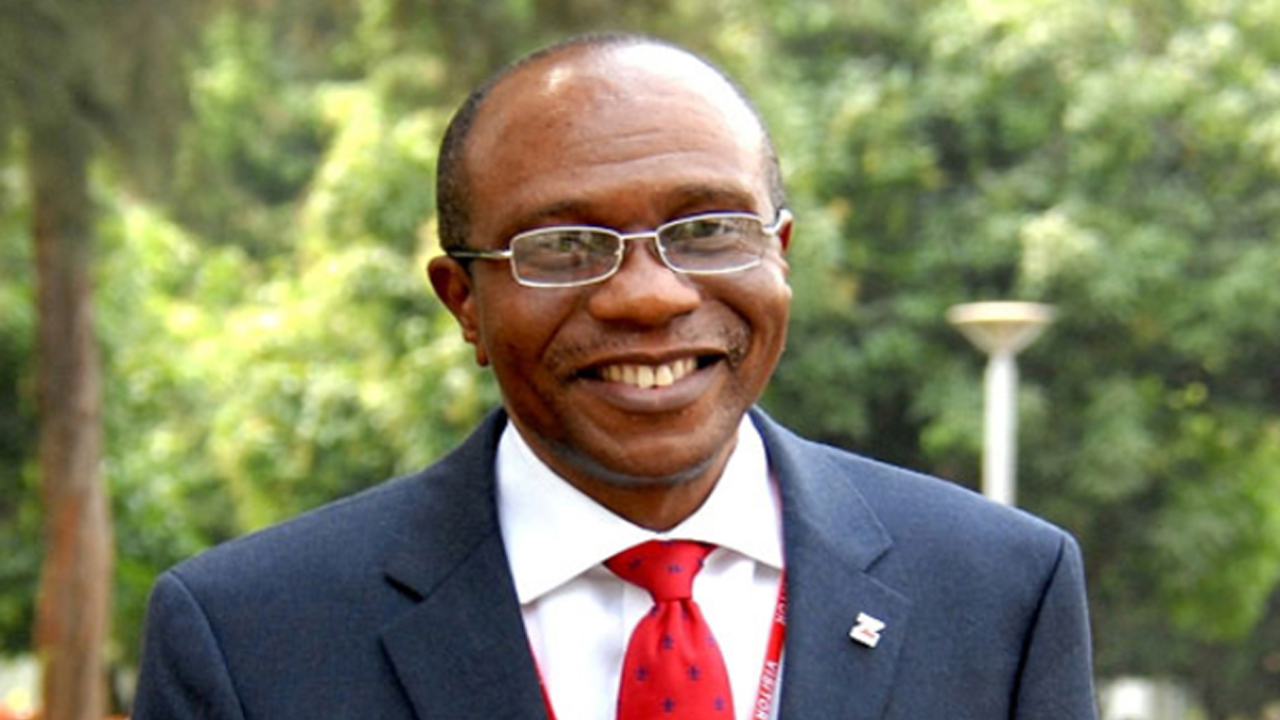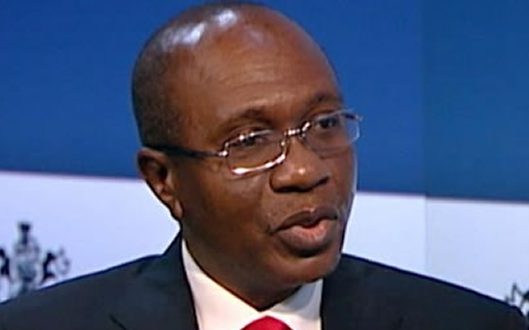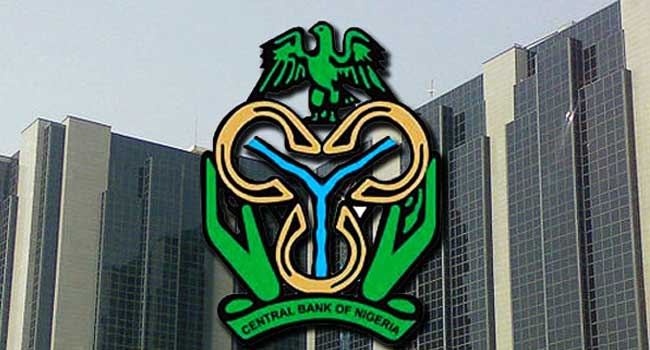The Nigeria Deposit Insurance Corporation (NDIC) has commenced the closure of 42 microfinance banks after a directive from the Central Bank of Nigeria (CBN).
The NDIC had earlier on Friday announced on its website that the CBN has revoked the operating licences of 42 microfinance banks.
“This is to inform the depositors, creditors, shareholders, and the general public that the operating licenses of the under listed Forty-Two (42) Microfinance Banks (MFBs) have been revoked by the Central Bank of Nigeria (CBN) effective 12th November 2020.
“The Nigeria Deposit Insurance Corporation (NDIC), the Official Liquidator of the banks whose licenses were recently revoked, is in the process of closing the listed banks and pay their insured Depositors,” the NDIC statement read in part.
The NDIC, therefore, request that all depositors of these banks should visit the closed banks’ addresses and meet NDIC officials for the verification of their claims, commencing from Monday, 21st December 2020 till Thursday, 24th December 2020.
The affected banks are listed below:
1 HEDGEWORTH MFB GUOBA PLAZA SUITE B06, – 171, A.E. EKUKINAM STREET, BY CHISCO, UTAKO, ABUJA
2 FUTURE GROWTH MFB REAL TOWER PLAZA, PLOT 1121 OBAFEMI AWOLOWO WAY, UTAKO, ABUJA
3 BAGWAI MFB BAGWAI-SHANONO ROAD, BAGWAI LGA, KANO
4 ERE CITY MFB ERE-IJESHA/IIIAHUN ROAD, ERE-IJESHA, ORIADE LGA, OSUN
5 CAFON MFB GARKI POLICE BARRACKS, GARKII, FCT, ABUJA
6 AKCOFED MFB EKIT ITAM II (BESIDE WATER BOARD), P. O. BOX 2048, UYO, AKWA-IBOM STATE
7 GUFAX MFB N0. 3 UDOTUNG UBO STREET UYO, AKWA IBOM STATE
8 PARTNERSHIP MFB 107 UPPER IWEKA ROAD, ONITSHA, ANAMBRA STATE
9 ICB MFB IIIAH-ASABA ROAD, OSHIMILI NORTH LGA, IIIAH, DELTA STATE
10 ONIMA MFB NIPOST BUILDING, EKEOCHA ONICHA, EZINIHITTE MBAISE LGA, IMO STATE
11 HOMETRUST (NATIONS) MFB 76, ORLU ROAD, NKWERE, IMO STATE
12 RINGIM MFB OPP. RINGIM CENTRAL MARKET, RINGIM, JIGAWA STATE
13 BIGTHANA MFB 6, ALI AKILU ROAD, KADUNA
14 ROGO MFB ROGO TOWN, ROGO LGA, KANO STATE
15 MAKODA MFB NO 15, KOGUNA TOWN, MAKODA LGA, KANO
16 TAKAI MFB TAKAI TOWN, TAKAI LGA, KANO STATE
17 BEBEJI MFB NO. 10 GIDAN IYAN, BEBEJI TOWN, BEBEJI L.G.A., KANO STATE
18 AJINGI MFB NO. 10 HAKIMI STREET, AJINGI TOWN, AJINGI LGA, KANO STATE
19 GARKO MFB 3, GARKO TOWN, KANO
20 KANGIWA MFB KANGIWA TOWN, KANGIWA LGA, KEBBI STATE
21 AUGIE MFB AUGIE TOWN, AUGIE LGA, KEBBI STATE
22 MOPA MFB SILAS BAMIDELE DANIYAN HOUSE, KABBA-ILORIN ROAD, MOPA, KOGI-STATE
23 SOLID BASE MFB EKIRIN ADDE, IJUMU LGA, KOGI STATE
24 ULTIMATE BENEFIT MFB 150C, OKENE KABBA ROAD, LOKOJA, KOGI
25 OVIDI MFB NO. 1, ATTA ROAD, OKENE, KOGI STATE
26 KIRFI MFB KIRFI TOWN, KIRFI LGA, BAUCHI
27 CREDIT EXPRESS MFB 27, KAKAWA STREET, LAGOS
28 KING SOLOMON MFB GOD BLESS NIGERIA HOUSE, 117/119, WETSERN AVENUE, IPONRI, LAGOS
29 RIGGS MFB PLOT 5, IMAN ABIB ADETORO STREET, OFF AJOSE ADEOGUN STREET, V.I., LAGOS
30 BILLIONAIRE BLUE BRICKS MFB APERIN HOUSE (2ND FLOOR) BLOCK I, PLOT 27, BUDO LAYOUT AJIWE, LEKKI EPE EXPRESSWAY, AJAH, LAGOS STATE
31 SUSU MFB 34, COMMERCIAL AVENUE SABO, YABA, LAGOS
32 WEALTHSTREAM MFB AQUARIUS BLOCK, ELEGANZA PLAZA, GROUND FLOOR, LEFT WING 1 COMMERCIAL ROAD, APAPA, LAGOS
33 AGUDA TITUN MFB 21, SHONOLA STREET, AGUDA TITUN, OGBA, LAGOS
34 SAPPHIRE MFB 111, ABAK ROAD, UYO, AKWA IBOM STATE
35 METRO MFB 15, OTUNUBI STREET, OFF HARUNA, OGBA, IKEJA, LAGOS
36 MOUNTAIN TOP MFB PROGRESS BLOCK, SHOP A102, AFRICAN TYRE VILLAGE, OPP. APT TRADE FAIR COMPLEX, LAGOS/BADAGRY EXPRESSWAY, LAGOS
37 UNYOGBA MFB 1, ALOMA ROAD, OPP. MKT. SQ., EJULE, OFU LGA, KOGI STATE
38 WAPO MFB OKENE-LOKOJA ROAD, NAGAZI, ADAVI LGA, OKENE, KOGI STATE
39 IBOGUN MFB IBOGUN EGBEDA, IFO LGA, OGUN STATE
40 KOREDE MFB NO. 3, LUWOYE STREET, IGBOTAKO, ONDO STATE
41 AHETOU MFB 26, EREMA ROAD, BYEPASS, AKABUKA, OGBA/EGBEMA/NDONI LGA, RIVERS STATE
42 FUFORE MFB NO. 25 GURIN ROAD, FUFORE LGA, ADAMAWA, YOLA STATE


![NDIC Commences Closure Of 42 Microfinance Banks After CBN’s Directive [Full list]](https://thenewsguru.ng/wp-content/uploads/2020/12/NDIC-Office.jpg)

